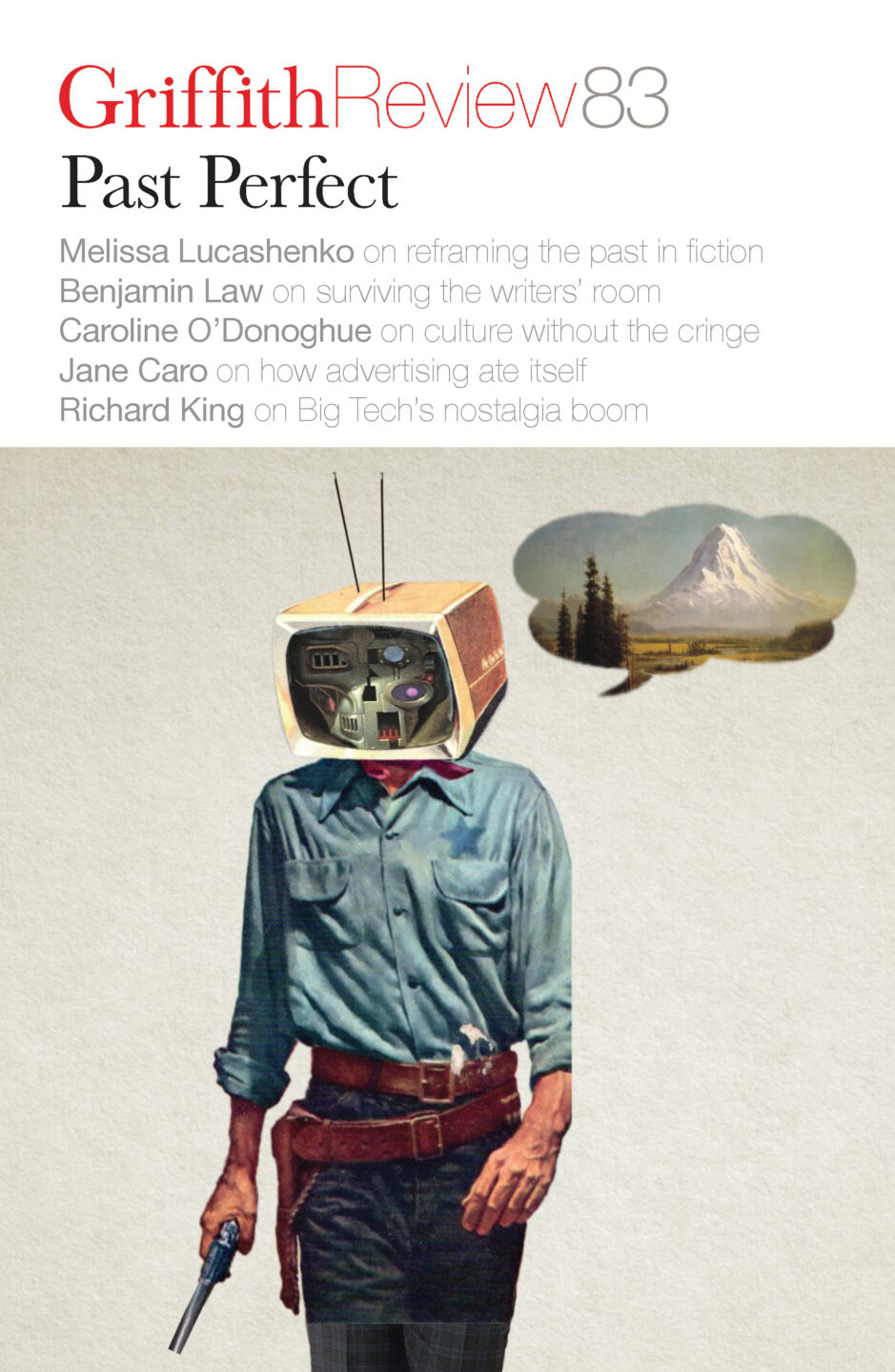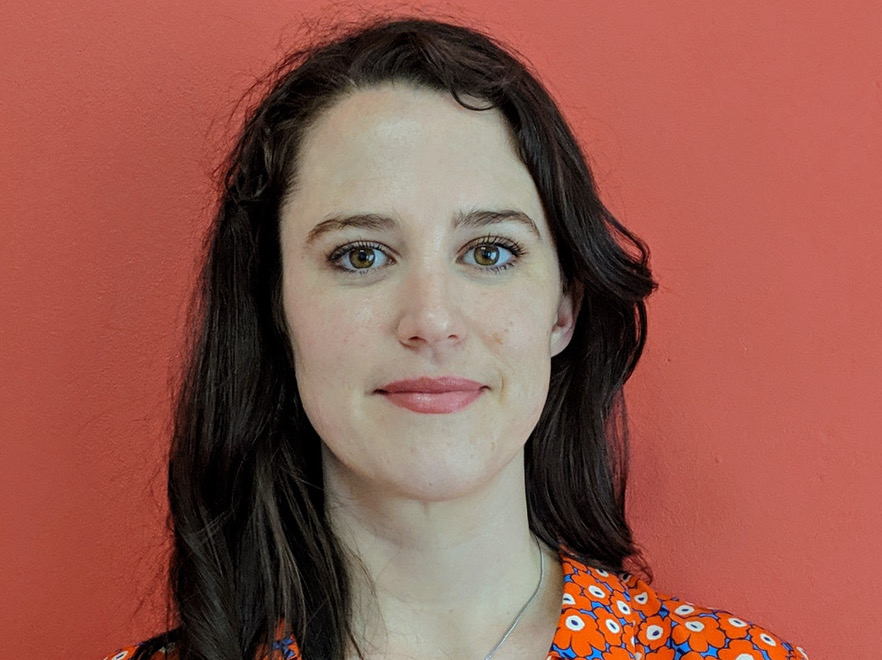Anticipating enchantment
The myth of editorial perfection and the legend of the solo author
Featured in

- Published 20240206
- ISBN: 978-1-922212-92-4
- Extent: 203pp
- Paperback, ePub, PDF, Kindle compatible


Already a subscriber? Sign in here
If you are an educator or student wishing to access content for study purposes please contact us at griffithreview@griffith.edu.au
Share article
About the author

Alice Grundy
Alice Grundy has been a book editor for the past fifteen years and is completing a PhD at ANU. Her thesis forms the basis for...
More from this edition

Lost decade
Fiction I MADE A point of telling people in LA that I’d come from somewhere farther than Santa Clarita: Tempe or Little Rock. When they...

Apocalypse, then?
FictionWriting took almost everything from me. Most afternoons, I’d arrive home from teaching classrooms of uninterested students, have a little Henry time, defrost a ready-to-eat supermarket meal, open a bottle of shiraz and write until midnight. Most weekends, I’d start writing once the hangover wore off, break for lunch, and then write again until dinner. It wasn’t just punishing on my physical health, it ruined my relationships, most recently with Greg, who said I’d die miserable and alone if I maintained my grim routine. And for what? The occasional acceptance from an obscure journal read by twelve other short-story writers?

The sentimentalist
In ConversationI’ve positioned myself as somebody who’s constantly going through the trash of yesteryear with my raccoon paws and saying, ‘Wasn’t it grand?’ I think it’s more that I’m drawn to things I misunderstood rather than things that are just old, and I’m also interested in diagnosing the culture through what we loved, what we made and what we despised. It’s becoming much more clear to me the older I get.